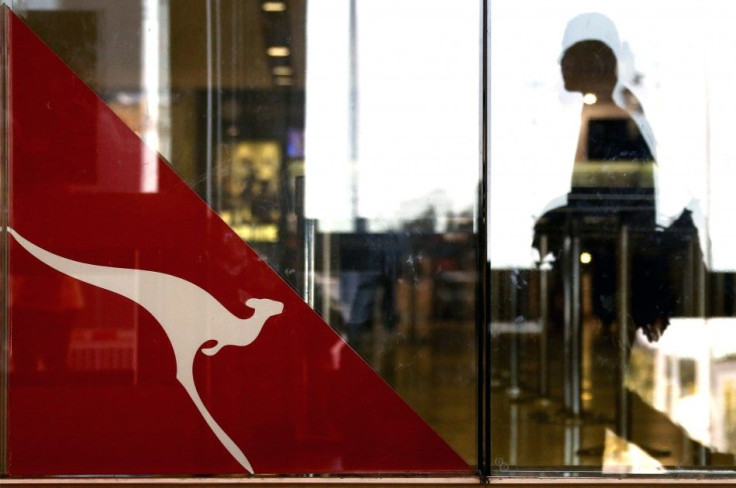Australia's Counter-Terrorism Police Stop Hundreds At Airports; Muslims Believe They Are 'Unfairly Targeted'

Australian authorities have stopped hundreds of people in airports every day in an attempt to prevent potential ISIS fighters from leaving the country. Australia’s new counter-terror unit is responsible for stopping suspicious travellers.
Police had performed nearly 76,000 “real-time” stops in eight airports between August and February. BBC reports that the screenings were not done randomly but targeted at suspicious individuals.
Australia’s Border Force Counter-terrorism Unit is a newly formed team designed to prevent potential extremists from travelling to the Middle East to join ISIS. Around 90 Australians were previously estimated to be fighting in the region.
A spokesperson for Immigration Minister Peter Dutton said the CTU has successfully stopped several people of national security concern since Aug. 2014. CTU teams in Sydney and Melbourne have intercepted 11 suspects during the first week of the operation, according to Fairfax Media.
Customs and Border Protection Service said the counter-terrorism unit had also found evidence of efforts to move large amounts of cash. Australia’s tighter counter-terrorism laws had resulted in accusations of “racial profiling” from the country’s Muslim community. Senior Muslim cleric Ibrahim Abu Mohammad said last Sept. 2014 that the policy has caused the Muslim community unwanted inconvenience and severe stress.
Around one in five of the 800 Muslims who participated in a recent survey believe terrorist groups sometimes have valid grievances. The new study has found that Most Muslims think ISIS is distorting the real meaning of Islam. An overwhelming number of Muslims in Australia believes they were "unfairly targeted" by the country’s counter-terrorism law. Researchers involved in the study, including criminologist Adrian Cherney from the University of Queensland, said the findings reflect the need for police to establish trust so people in Muslim communities would willingly cooperate in investigations.
The Guardian reports that respondents in the group were Muslim Australians from different backgrounds. Though only a few had come in contact with Australia’s counter-terrorism measures, majority of the respondents felt they were “under siege.” Nearly half of the respondents have changed the way they dress to avoid attention while. Almost the same number have limited their movements including avoiding particular mosques.
Social Services Minister Scott Morrison told reporters earlier in the week said the CTUs were doing “outstanding work.” He declined to comment on allegations that CTUs were using racial profiling in stopping people at airports.
To report problems or leave feedback on this article, contact: r.su@ibtimes.com.au





















